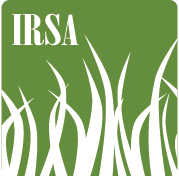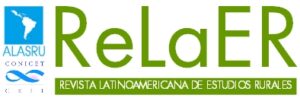Ruth McAreavey is Professor of Sociology at Newcastle University. Her research focuses on rural social change and inequalities; migration, research ethics and methodologies. She has published extensively on sustainable rural development and on inequalities faced by migrants in the labour market and in other parts of everyday life. Ruth’s research has been funded by government departments and agencies as well as independent charitable trusts.
Ruth is an active member of various international research networks including the European Society for Rural Sociology (ESRS) and the European Sociological Association. She is an elected Fellow of the Academy of Social Sciences and co-editor-in-chief of Sociologia Ruralis. Ruth is proactive in engaging with third sector organisations and with government departments. She is a Trustee of Plunkett UK.











